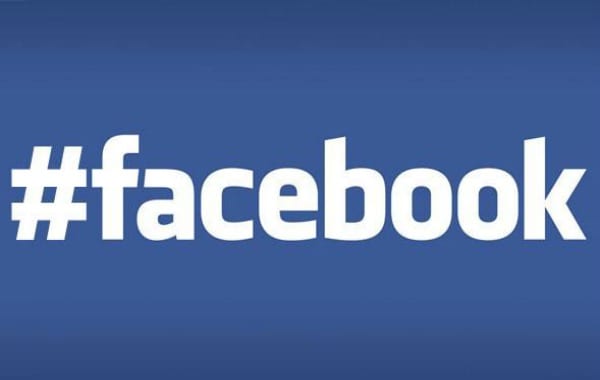Facebook, boasting over 1.1 billion discrete, active users, is a social networking juggernaut, and its unparalleled popularity has led inexorably to its deep and profound influence on the way we — as human beings, self-aware on a truly macrocosmic, global scale for perhaps the first time in history — share information and share the stories of our lives with one another.
Granted, that is a loftier idea in sentiment than it generally is in execution. For every Stephanie Brumlow/James Boyd, the father and daughter who were reunited through a Facebook search after a 25-year separation, there are probably a million hastily snapped self-pics or poorly spelled, quasi-political status-rants.
Yet, as deeply as Facebook has penetrated the fabric of society here in the West, and as frequently and casually as it is used to communicate and share, the social networking behemoth has inexplicably lagged behind upstarts like Instagram, Twitter, Tumblr, and Pinterest in the functionality of sharing. Namely, until yesterday, Facebook made no use of the now-ubiquitous hashtag and the very nearly limitless possibilities for mass-communication and data-gathering that follow naturally from it.
The omission, especially for this long — now nearly six full years after Chris Messina posted the first hashtag on Twitter — is puzzling. Facebook’s own announcement, via Greg Lindley’s post on the internal blog, would seem to suggest as much too, citing the 88-100 million Americans who somehow engage Facebook during television primetime hours every night, the 1.5 million ‘mentions’ the “Red Wedding” Game of Thrones episode got relative to the 5.2 million total viewers, and the 66.5 million interactions generated by the Oscars.
Now, with what is superficially a very slight augmentation, those enormous communities of users are able to connect and dialogue more directly and effectively than ever before.
Facebook hashtags are now clickable, and when clicked, will link to a feed indicating the broader discussion surrounding whatever person, place, thing or idea has been hashtagged. Users can now, according to Lindley’s blog post, search for a specific hashtag from their search bars, click on hashtags originating on other services (i.e. Instagram, Twitter, etc.), and compose posts directly from the hashtag feed then search the results.
Twitter has enjoyed what is sometimes referred to as the “second screen” privilege for some time now, due in large part to the hashtag and the collectivist benefits it provides posters in large communities. With that gap closed, it’s startling to think how profoundly and irrevocably integrated into our mode of discourse Facebook now has the capability to become.
In the next few weeks, Facebook promises to expand the functionality of the clickable hashtag with features that will precisely track trending hashtags and provide “deeper insights,” which in context likely means exciting, real-time metadata on millions of conversations, simultaneously, with each conversation now able to influence and affect the others by being linked together as a gigantic, organic whole.
And while the overwhelming majority of visible, noticeable effects will be the cosmic-conversational equivalent of self-pics and semi-literate polemical bickering — as always — the possibilities of this kind of instant data-gathering-and-sharing on this large a scale, if used for thoughtful, decent good and not small, petty evil, are positively staggering.
Kevin is the newly-appointed, first-ever Blog Editor for the University of Houston's campus newspaper, The Daily Cougar. He writes movie reviews, and totally abuses the early media-screening plus-one privileges by turning them into cheap, snooty dates whenever possible. He has what the literature refers to as, 'a bit of a gambling problem,' so don't make careless wagers with or at him, please.






